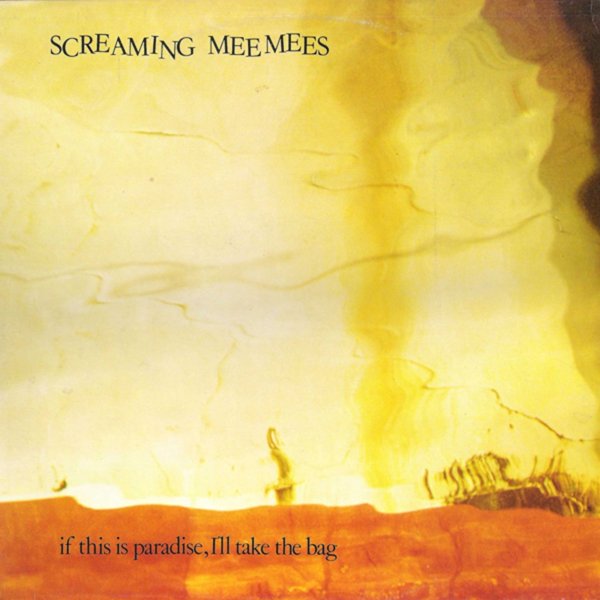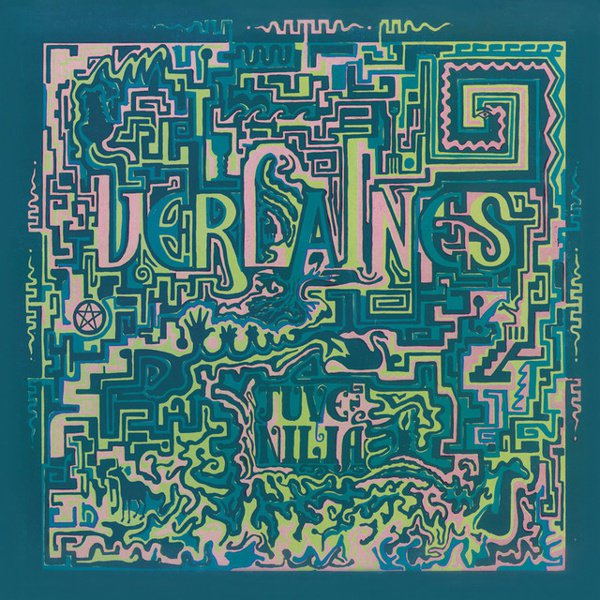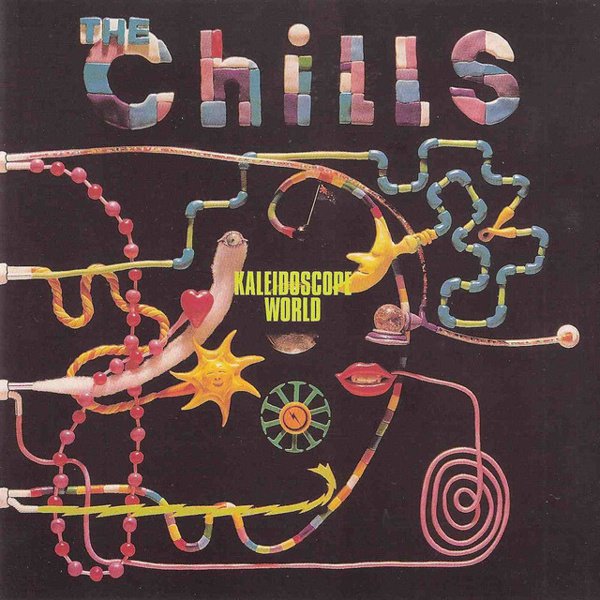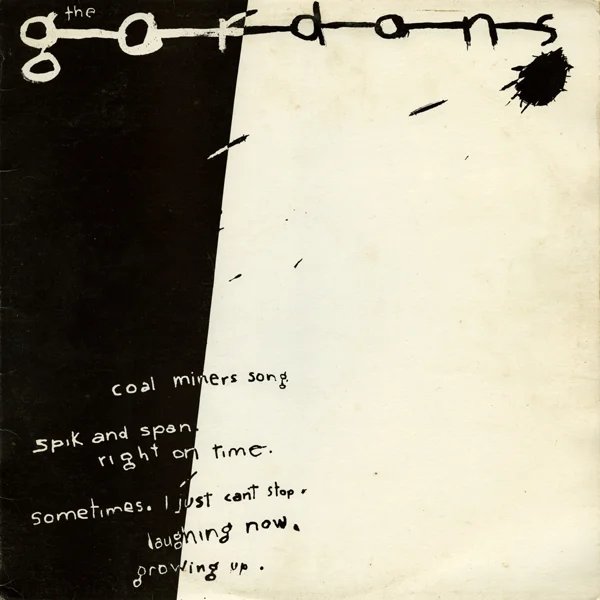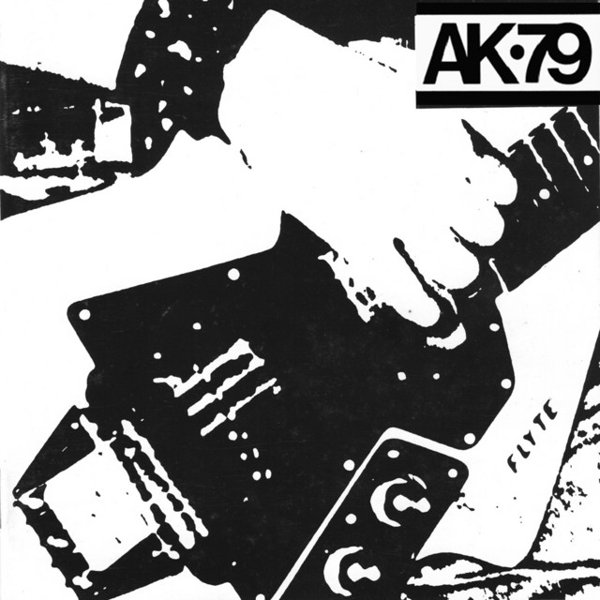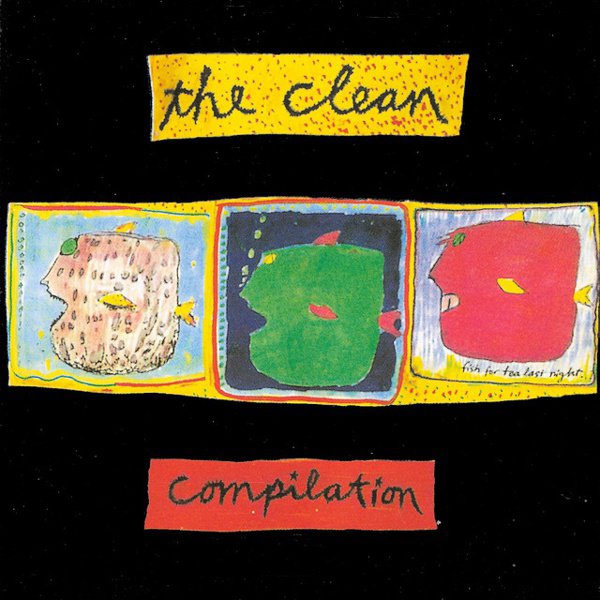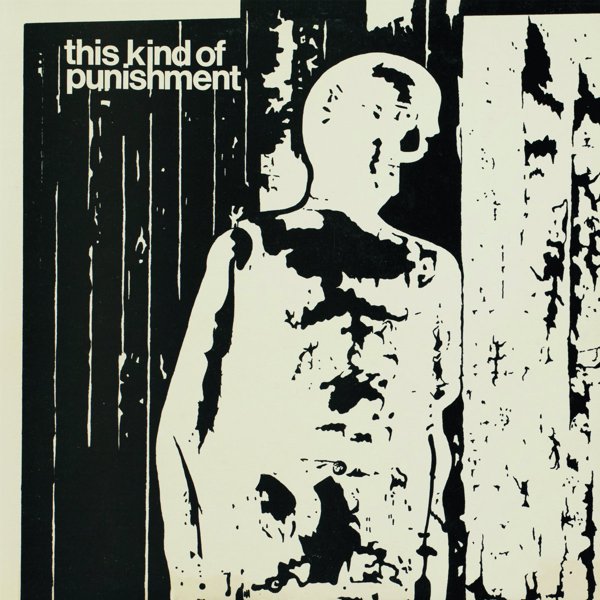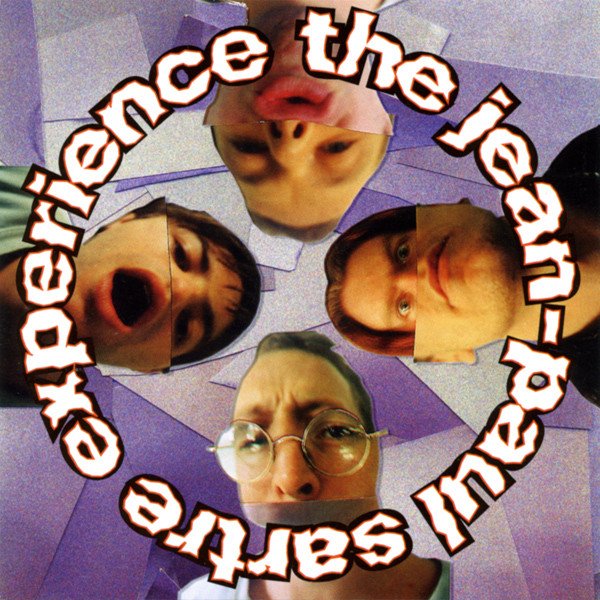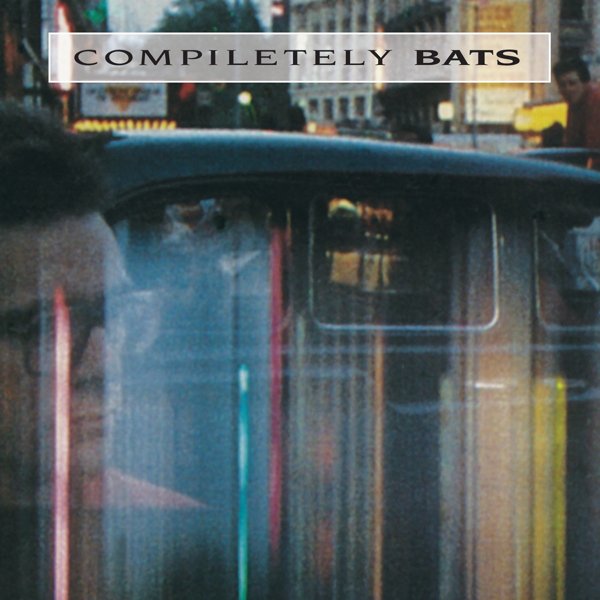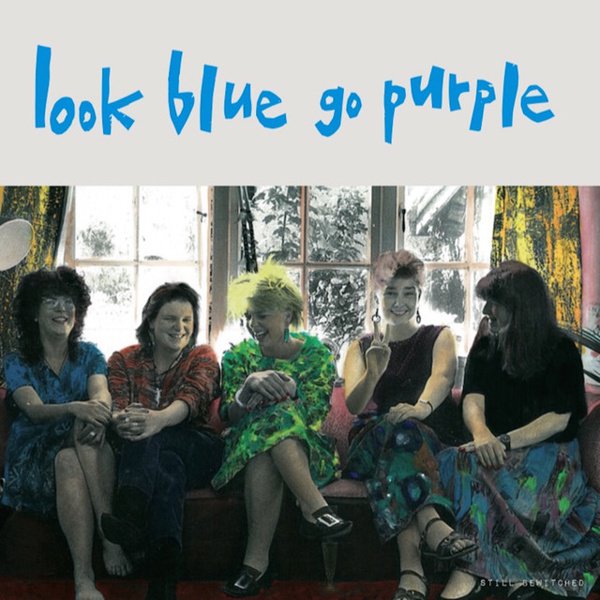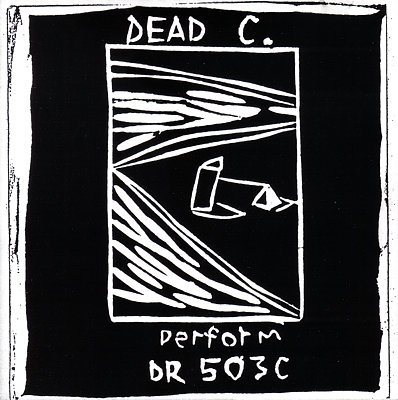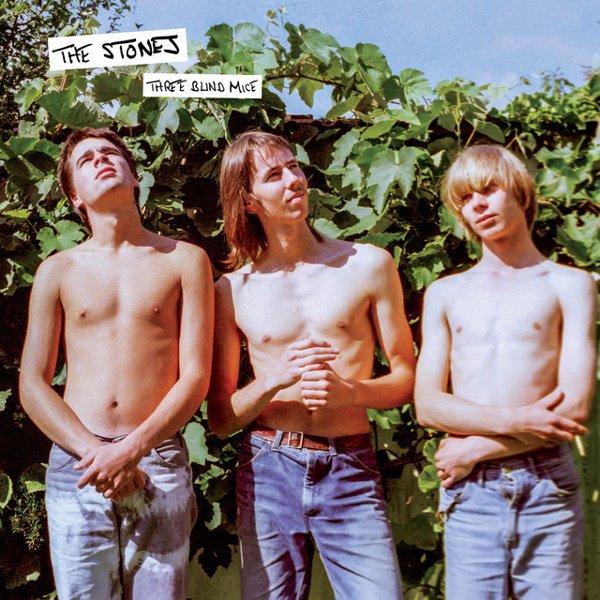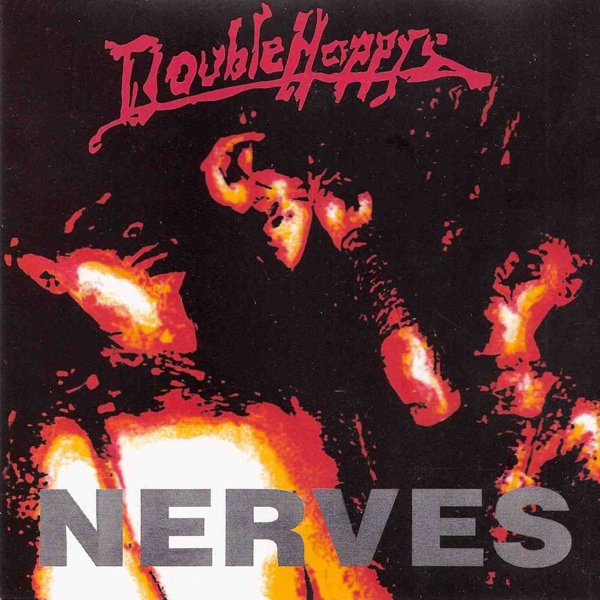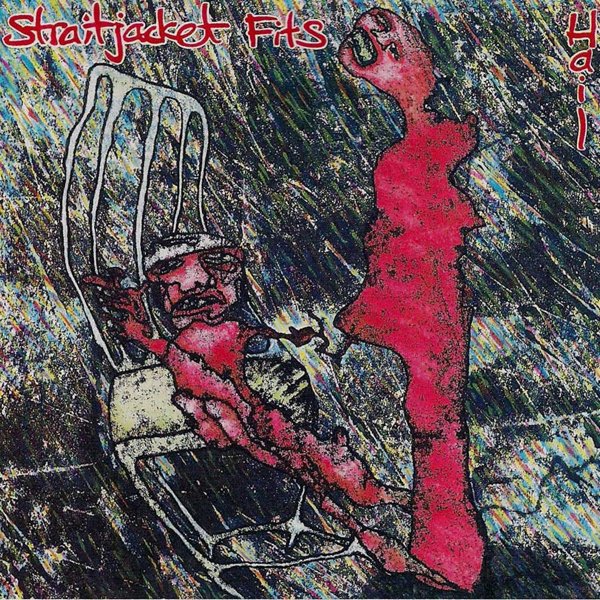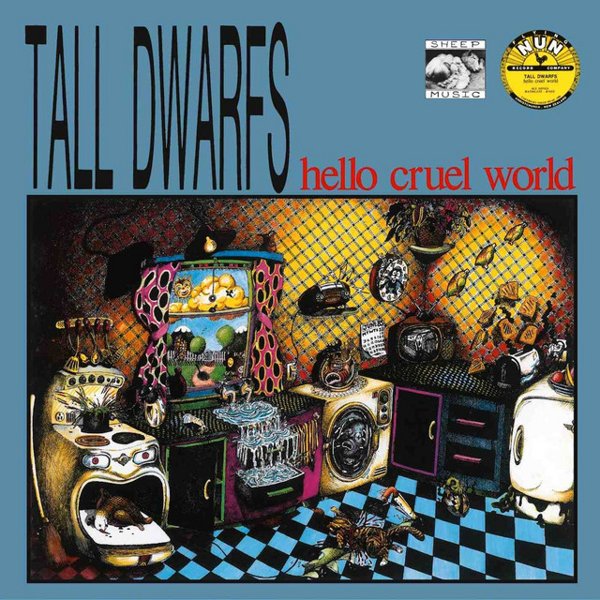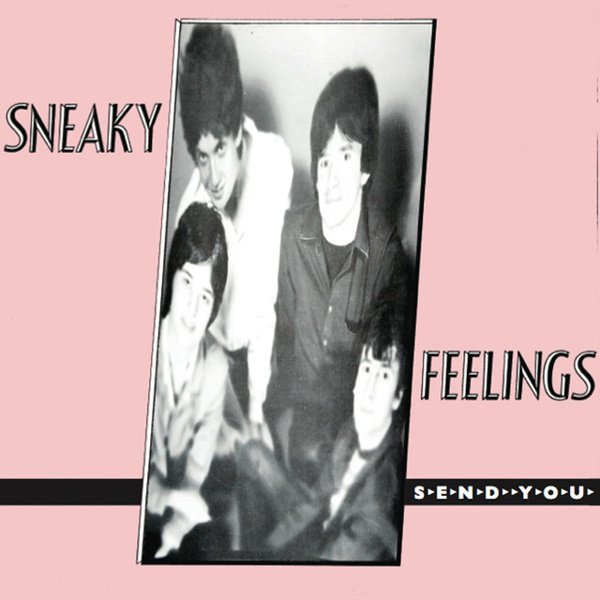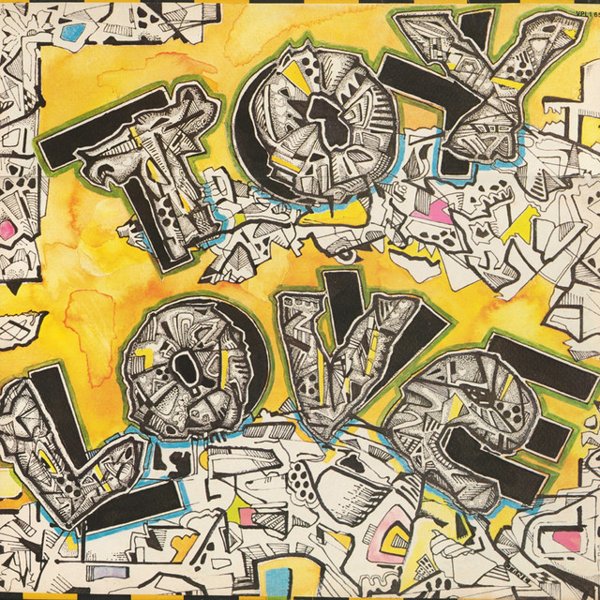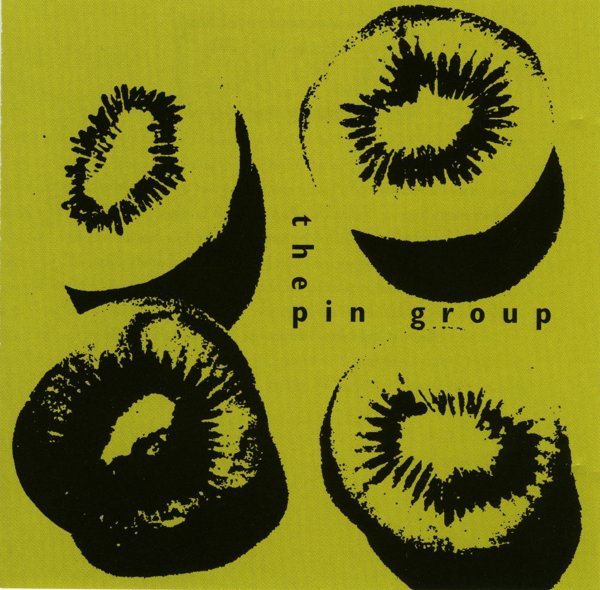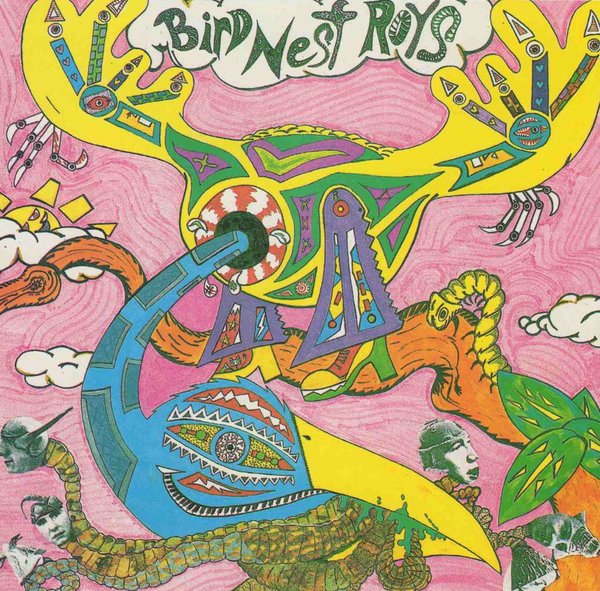There is no such thing as one musical sound in New Zealand, where traditions and styles have always combined in many different ways. The renowned opera singer Kiri Te Kanawa and the famed “Poi E” singers the Pātea Māori Club, the roots reggae of Kachafire and the art rock/new wave legends Split Enz (not to mention Crowded House and everything Neil Finn’s done since), the widely-loved pop-rock of Dave Dobbyn and the worldwide pop smashes of OMC and Lorde – all these acts’ collective work only scratch the surface of a rich musical culture. But for many listeners of a particular generation and for others since, the country’s indie rock scene in the 1980s, drawing initially on earlier punk and underground sounds in the UK, Europe and America but rapidly gaining its own identity, holds a strong pride of place, both in its own right and as a continuing source of inspiration around the world. With many of its most notable performers maintaining links not only with less well known compatriots but with other artistic communities in the country, ranging from avant-garde sonic experimentation to literary, theatrical and movie and TV work, it’s often seen as an ideal – perhaps more accurately ‘idealized’ – musical milieu for rockers with an ear for the sensitive, wry and catchy possibilities of the form.
While it’s most closely associated with the famed Flying Nun imprint, the label itself wasn’t the birth of the NZ indie rock scene as such. The famed precursor compilation AK•79 turned up on the punk label Ripper, while the similarly short-lived Propeller made its mark thanks to its spiky early successes such as the Screaming Meemees, who surprised everyone with a full-on number one hit in “See Me Go.” Similarly two of the key musicians in said overall milieu, Chris Knox and Alec Bathgate, later known for their continuing work on Flying Nun as the Tall Dwarfs, first came to notice as part of the new wave legends Toy Love, themselves signed to the NZ branch of the WEA label monolith, while the first Tall Dwarfs EP itself appeared on Propeller’s spinoff label Furtive. Meantime, the dramatic power of the Gordons, who transformed into Bailter Space some years later, was first heard via their self-released Future Shock EP and self-titled full length. Later labels founded in the 1980s like Xpressway, South Indies and Precious Metal further provided deeper explorations into the wider scene.
But Flying Nun crystallized an approach thanks to the success of two key early releases, both featuring bands from the South Island city Dunedin and which led to an alternate if limiting tag for the scene, the “Dunedin sound.” First there was the debut single by the Clean, “Tally Ho!,” which simultaneously introduced Robert Scott and the brothers Hamish and David Kilgour to the wider musical world; later separate solo work and contributions to groups like the Bats and the Mad Scene added to their stature, while the single itself was a top 20 hit. Meanwhile, the Dunedin Double compilation was the debut appearance on vinyl of the Stones, Sneaky Feelings and, especially noteworthy, the Chills and the Verlaines. As these and numerous other acts began to record more, tour more widely and gain appreciation via fanzine, distribution and alternative and college radio around the world in the 1980s, the remarkable reputation of Flying Nun and of New Zealand indie rock as a whole was well established by the end of that decade.

